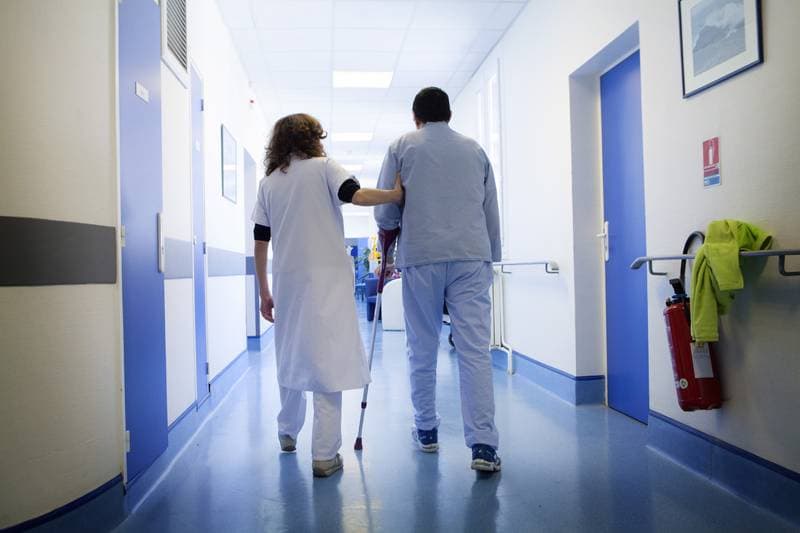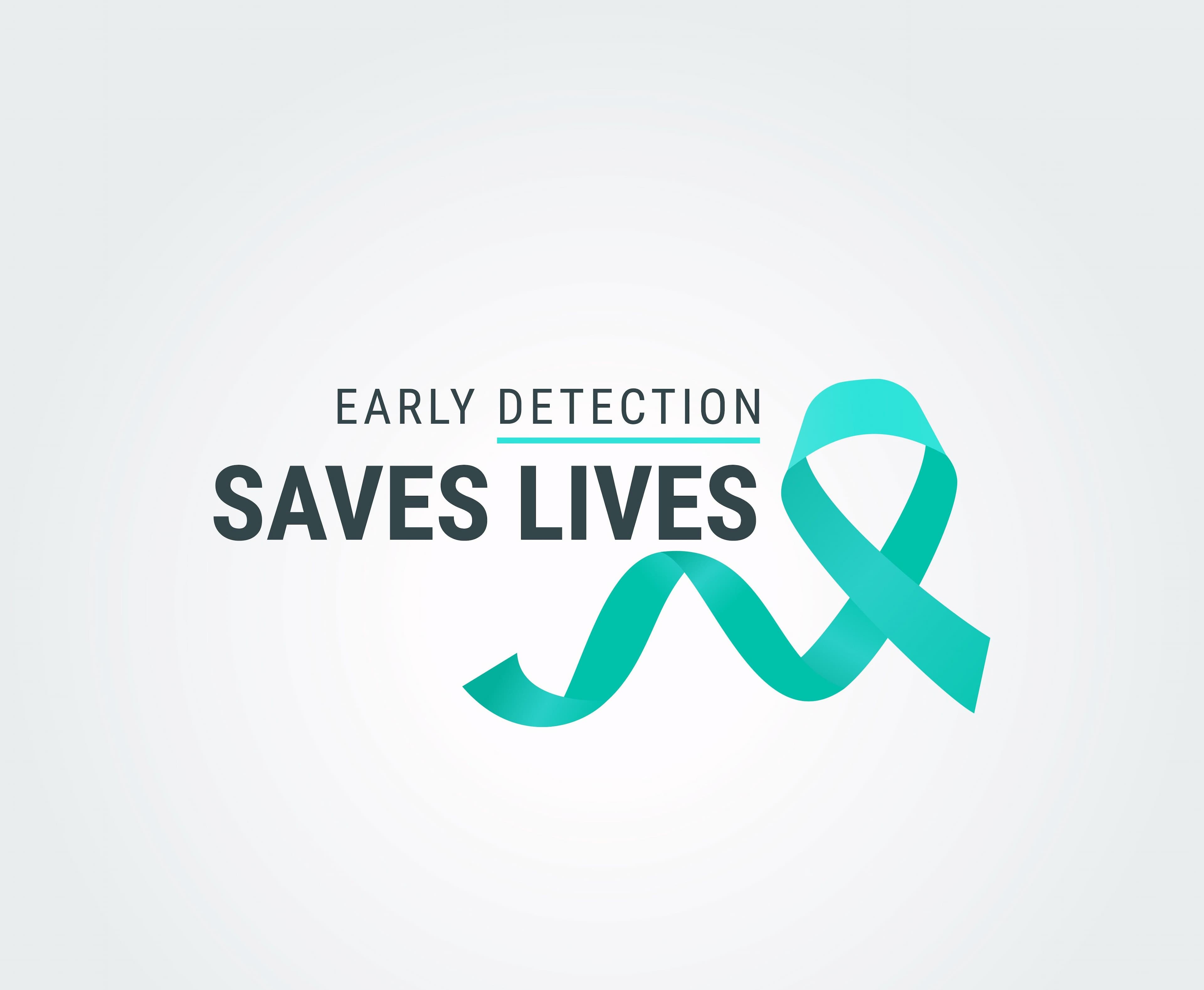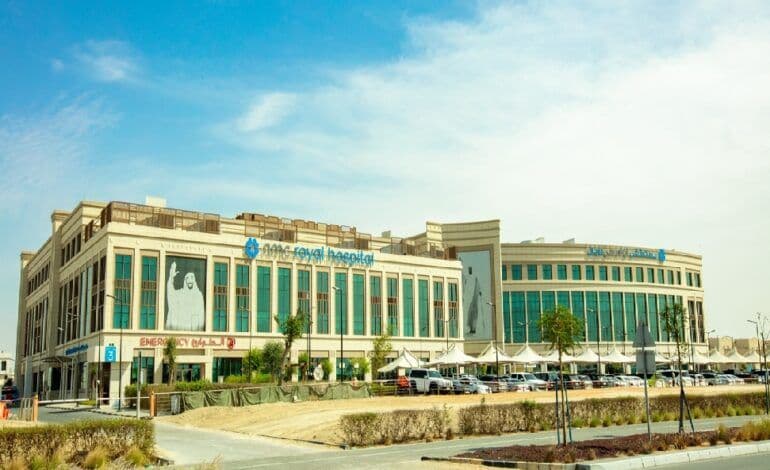
UAE hospitals 'need more elderly and end-of-life care' as population grows
Doctors say health system requires both specialist elderly and palliative care for terminal diseases
Healthcare providers in the UAE will have to make greater provisions for end-of-life care as life expectancy rises, medics say.
Palliative care can improve the quality of life for patients with many disease types and chronic illnesses, including cancer, heart disease and respiratory conditions, they said.
It has also proved to lead to less pain and decreased depression, and it helps family members to cope.
Multiple health conditions are more likely in old age, but with fewer than 10 specialist palliative care professionals working in the country, it is an area in need of growth, UAE doctors have said.
Life expectancy around the world has increased. In the UAE, the average lifespan has risen from 60 in the 1960s to around 78 today, according to statistics from the UN. Residents can expect to live to an average age of 88 by the end of the century.
It also comes as the population rises in the UAE — Dubai's has hit 3.5 million — and the easing of visa rules means more people are not only moving to the UAE but staying here longer and retiring in the country.
Why palliative care is important
“We know when palliative care is good, there are better outcomes,” said Dr Neil Nijhawan, the first licensed palliative care physician in Abu Dhabi, at Burjeel Medical City.
“This is measured in better pain management and quality of life scores, that leads to less depression and makes family members feel better.
“If palliative care is involved at the point of diagnosis, on average, patients live three months longer.
“To seek this when there is no other form of treatment is too blunt an outlook.”
Palliative care has been available in the UAE since 2007 but limited to a relatively small number of healthcare institutions in Abu Dhabi and Dubai.
Services remain mainly affiliated with cancer cases but the benefits for both patients and their families are now established alongside a growing recognition of the need for more specialists.
The area covers a wide range of issues that can include pain, depression, anxiety, fatigue, shortness of breath, constipation, nausea, loss of appetite and difficulty sleeping.
In the UK’s NHS, the Liverpool Care Pathway for the dying patient was developed to help doctors and nurses provide quality end of life care in the late 1990s. But it was scrapped in 2013 after a government review uncovered that some staff wrongly interpreted its care guidance and stories emerged of patients left sedated and without fluids.
“Clearly the problem was with its education and how it was implemented,” said Dr Nijhawan, who worked in several UK hospitals and hospices.
The UAE in 2016 enshrined in law the right to a natural death, meaning medical staff could refrain from performing CPR on dying patients suffering from conditions that are probably incurable.
If all treatment has failed, or at least three doctors advise against resuscitation, a patient will be allowed to die naturally.
Dr Nijhawan said “more than 80 per cent of people agree with it so we can avoid PCR and allow people to die peacefully".
Another issue is training medical students in the field as not all medical students are taught how to communicate with the family of a dying patient.
“At some point in your career in health care, you will come across someone at the end of their life,” said Dr Nijhawan.
“We should be better at sensitively and ethically speaking to relatives. From a training perspective, this has to change.
“We have an ageing population, not just here but around the world, so geriatric care will become even more important.”
Palliative centres in the UAE and region
Within the UAE, there are around eight professionals in specialist palliative care across Dubai and Abu Dhabi.
Tawam Hospital provides the bulk of palliative care in Al Ain. The palliative care division at the hospital was the first and only hospital-based service of its kind in the UAE and provides temporary free accommodation for oncology patients and their families.
Guidelines on palliative care were delivered to the private sector by the Department of Health in 2019.
“It is a much needed area,” said Dr Ahmad Al Khayer, medical director at NMC Provita in Khalifa City.
“So many patients suffer from cancer and other conditions that need palliation so it will sit very well in the profile of private hospitals if it is developed.
“Some groundwork needs to be done by the private providers under the guidance of the healthcare regulators to encourage them to agree on the criteria of care and also to have the insurance paying for the services.”
According to a 2019 report by the World Health Organisation, the Eastern Mediterranean Region has the second-lowest availability of palliative care services and is below the global average, despite cancer among the leading causes of death in Arab countries.
Patients diagnosed with cancer in the region tend to present at later stages of illness and therefore have high palliative care needs, but few who could benefit receive it.
“Palliative care is meant to enhance a person's current care by focusing on quality of life for them and their family,” said Dr Prasanta Kumar Dash, an oncologist at Canadian Specialist Hospital in Dubai.
“It can also help patients understand their choices for medical treatment.”
In general, there is significant variability in terms of what different insurance companies cover for palliative care.
Most patients in need of in patient palliative care admission are admitted under an acute Diagnosis Relate Groups payment system for pain management, for example.
Patients will then either improve and later be discharged home.
If, however, patients require more prolonged in patient care, including end of life care, then they will need to be admitted for long-term care.
Only Thiqa 1 and Thiqa 2 plans in Abu Dhabi and other high-end Daman policies will cover long-term care costs.
Essentially, there is currently no specific funding model for palliative care.
“Most international insurers will have palliative care cover as an add on to policies, such as BUPA, Allianz or Cigna,” said Stephen Maclaren, a health insurance specialist with Seven Insurance Brokers in Dubai.
“It will carry an additional cost.
“This kind of care cover is a market that is needed in the UAE, as cancer cases are on the increase.”







